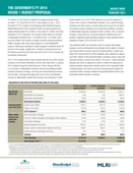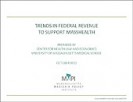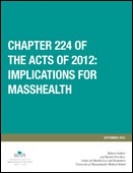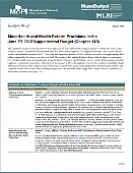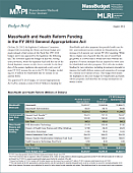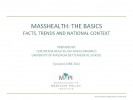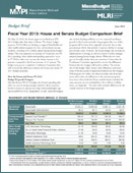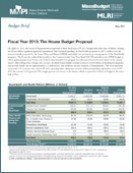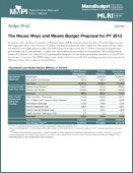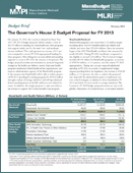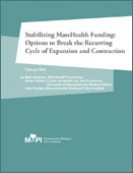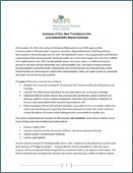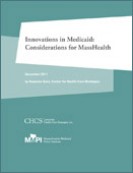Enrollment Volatility in MassHealth: A Progress Report
This report, by Robert Seifert and Amanda Littell-Clark of the University of Massachusetts Medical School’s Center for Health Law and Economics, summarizes recent efforts by the Massachusetts Medicaid program (“MassHealth”) to address enrollment volatility and provides recommendations to mitigate remaining challenges by leveraging the opportunities presented with the transition to ACA-compliant eligibility systems and programs. This report is a follow-up to a 2010 MMPI study, also by Robert Seifert and colleagues, Enrollment and Disenrollment in MassHealth and Commonwealth Care, which described the consequences of enrollment volatility, quantified its extent in Massachusetts programs, and compared that experience with other states.

